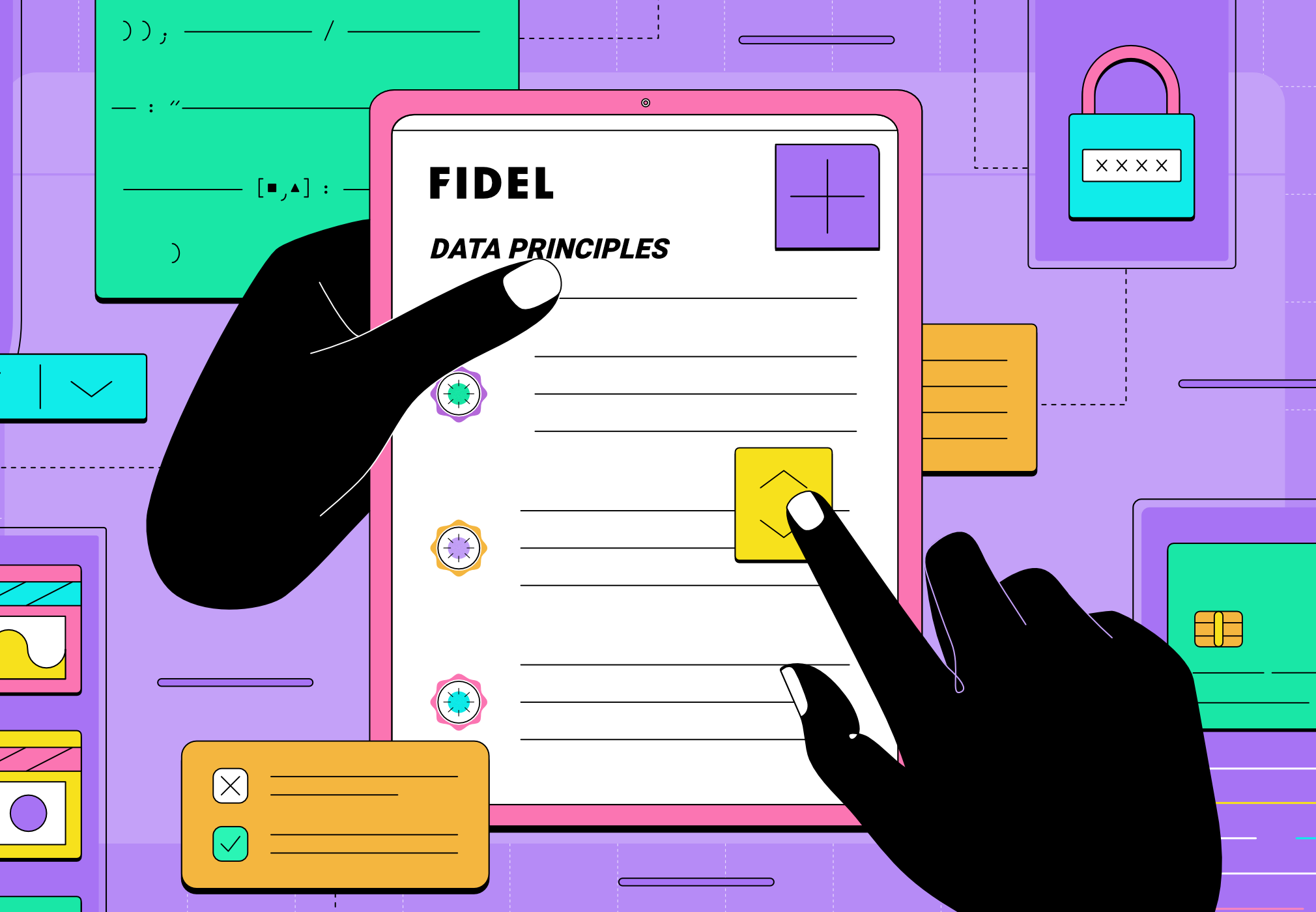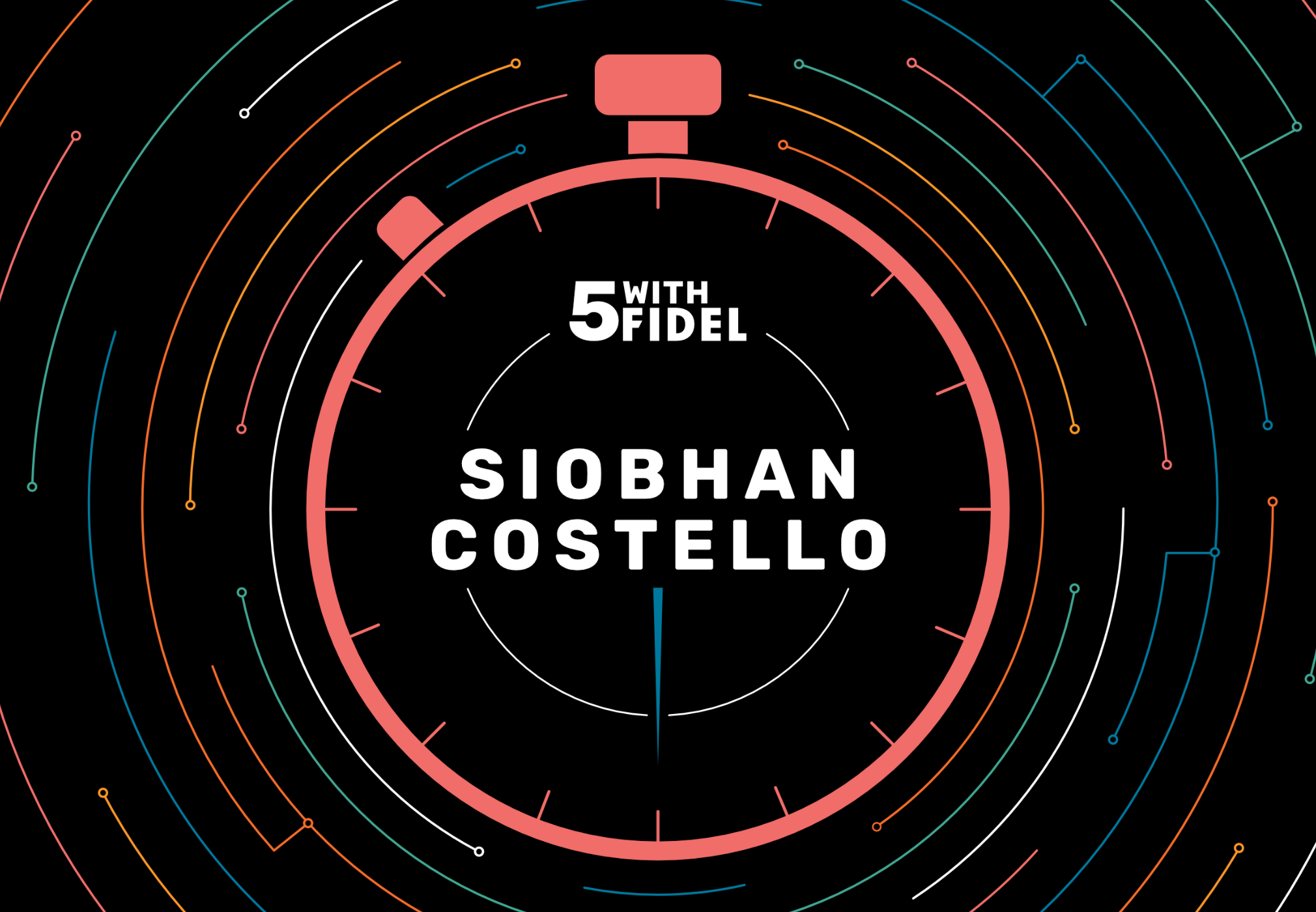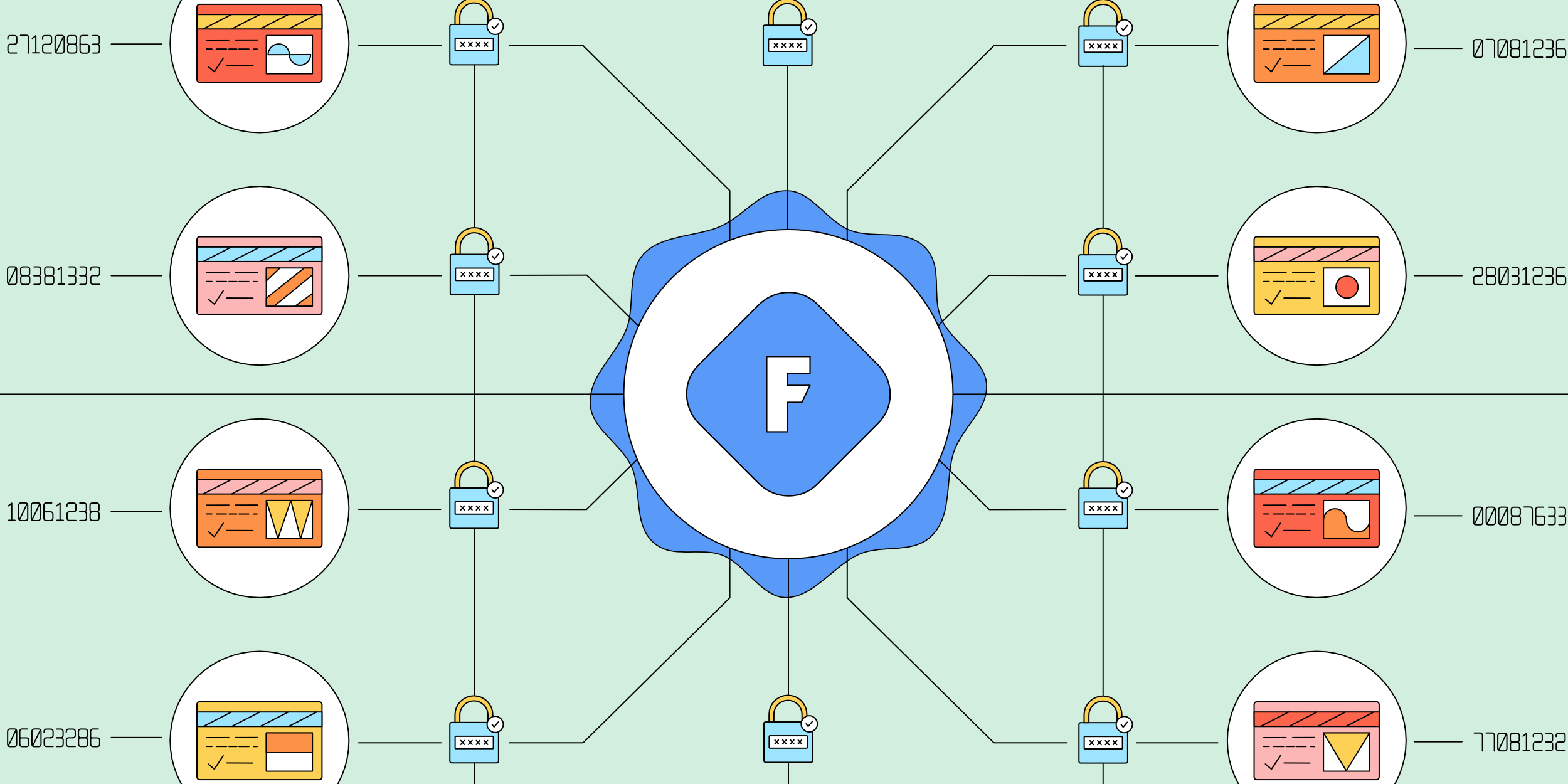Five With Fidel API #8 | Mark Sun, Legal Director, Fidel API

Welcome to Episode #8 of Five with Fidel API!
It’s been a minute since our last Five with Fidel API, hasn’t it? Well, worry no longer, because we’re back - and we’re better than ever with episode #8.
If you don’t know the score, in this series we sit down with the brightest and best, both within Fidel API and amongst its partners, to discuss all things fintech.
This week, we’re meeting Mark Sun, our Legal Director, a seasoned commercial tech lawyer with a keen interest in the application of technology and the policy, practice and legal issues surrounding it. However, more importantly, today he’s our guest - so, let’s get to know him!
Q1 | Hi Mark, it’s awesome to have you here. What attracted you to Fidel API?
It’s great to be here! I was keen to leverage the skills I developed as a tech lawyer in private practice and in-house for a nimble, exciting and fast-growing organization. Fidel API had all the things I was looking for: it has that vibrant start-up energy, a unique and compelling product and the strategic direction to hold it all together. What really set Fidel API apart, though, was its focus on putting together the bones of a great organization, along with a great product.
Q2 | What are some of the main challenges with building geo-agnostic products like Fidel API’s, with coverage across borders and markets, in light of differing regulations like the U.S. vs Europe?
It’s a multi-faceted challenge, which means staying ahead of the curve is essential. GDPR and CCPA set high benchmarks for data protection compliance and maintaining a sound understanding of these regulatory demands (including data security, consent and transparency) and good market practice form key pillars of our compliance efforts. Staying on top of our customer demands and R&D roadmap helps too. Taken together, we use these efforts to exceed key stakeholder expectations, particularly regarding the end-user experience.
Q3 | Fidel API’s main priority is upholding our Data Principles, which protect end-user rights and drive benefits to cardholders. The card networks also have rigorous data privacy and protection standards to uphold.
What are the biggest advantages and challenges associated with navigating the demanda of data rights standards?
It is absolutely essential to uphold and prioritize the end user’s right to control their data. We’re in the business of unlocking the value of financial data ultimately to improve the services and benefits to cardholders; but that’s never at the expense of the trust placed in our hands by our partners and end-users. A major advantage for Fidel API is that we share those priorities with the card networks (as seen in our Data Principles).
We stay in close contact with our network partners throughout the process of approving use cases and onboarding clients, ensuring that our data values and principles are never compromised by efforts to drive quality to our customers and end-users.
Q4 | In what ways would you say Open Banking practices and parallel concepts like Fidel API differ from a regulatory and compliance standpoint?
Fidel API’s products and services serve a different use case to Open Banking offerings (see here for an eloquent breakdown by our very own Pat Nealon), but the concerns around trust and data privacy are effectively the same.
This is why consent and transparency are at the core of financial data, whether it be bank account or card transaction data. From a compliance standpoint, the right balance must be struck between ensuring that the data powering a use case really drives value to the customer, while at the same time maintaining watertight protections for consumer rights and expectations over data handling.
There are differences though. An example is the Open Banking standard in the UK and EU, which creates a common ‘playbook’ for stakeholders to follow. This standardization makes it easier to implement, however, this also means that innovation into premium Open Banking APIs that can serve multiple and diverse use cases have been slower to develop.
By partnering with the card networks Fidel API has created one API that enables developers to build programmable experiences at the moment a transaction occurs on any payment card. This capability serves a diverse set of clients and powers multiple use cases.
Q5 | Finally, as is the tradition in ‘Five With’ interviews, let’s end with a hard-hitting question. What’s a dream feature you’d like to see in the office?
Well, since we’re dreaming, how about a hockey rink? A good Canadian never strays far from good, cold fun. And while we’re at it, let’s throw in a tennis court and futsal pitch just to be inclusive for those non-skating souls.
Working at Fidel API is a bona fide thrill and we have a fantastic office, but my everyday meetings and calls don't get the heart rate up in the same way.
You can connect with Mark on Linkedin here if you’d like to say hi. Make sure to look out for our next Five with Fidel API episode - subscribe to our blog here to never miss a beat.


